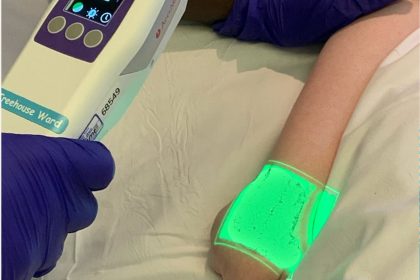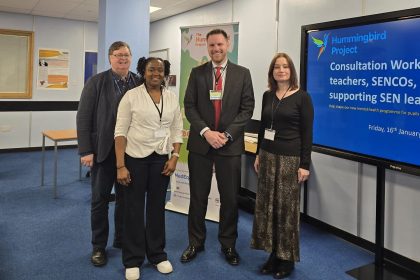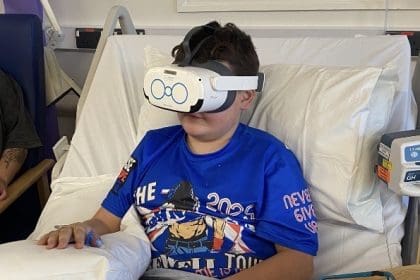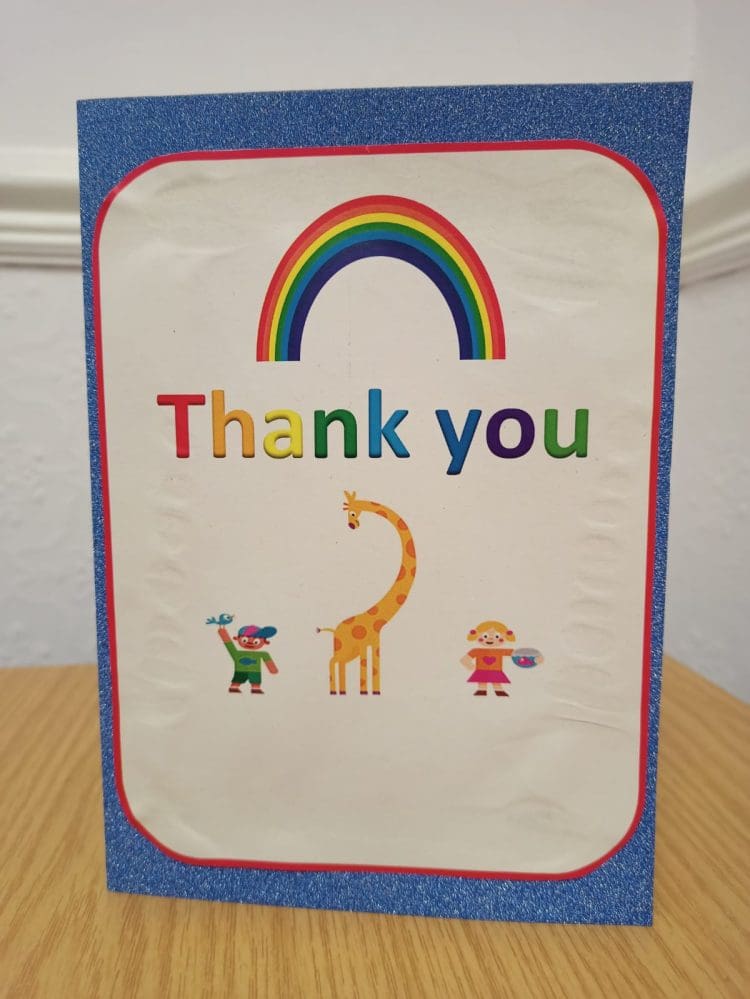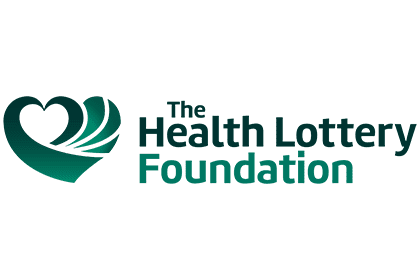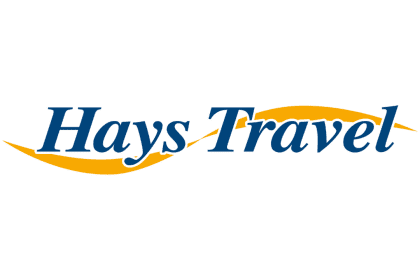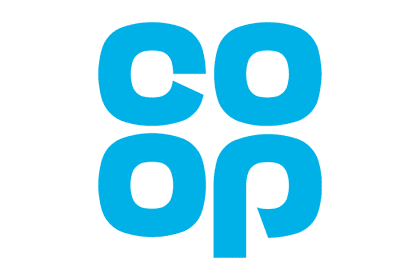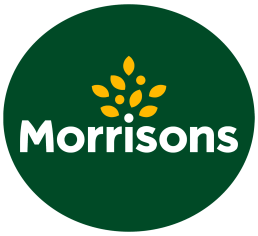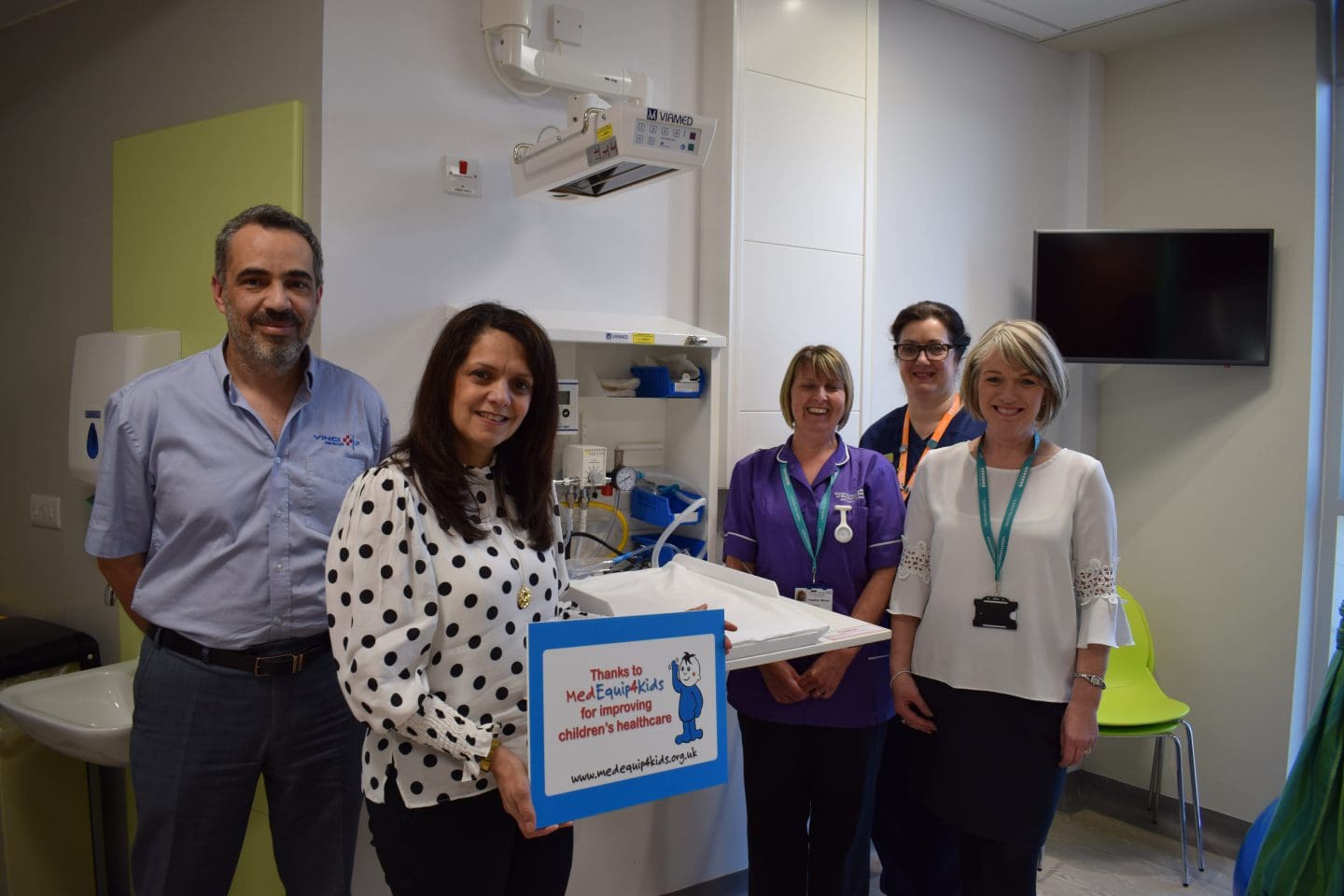
We were glad to have the opportunity to visit the maternity unit at Furness General Hospital, where we funded six wall-mounted resuscitaires. The equipment is essential to have available during labour and delivery in case there are problems and the baby needs emergency resuscitation. The resuscitaires also provide an effective warming therapy platform for the new baby when it arrives.
Sascha Wells, Director of Midwifery, Gynaecology and Obstetrics, University Hospitals of Morecambe Bay NHS Foundation Trust, said: “It was fantastic to receive this money for six resuscitaires. Resuscitaires are used for some babies who need extra help with breathing when they are first born. We have 14 en suite birthing rooms in the new maternity unit where mum-to-be will deliver her baby and then stay until discharged. We have a wall mounted resuscitaire in each to give labouring mums extra peace of mind from the moment they first enter their room and to allow staff to quickly assist those babies, who need a little bit of extra help.”
MedEquip4Kids Chief Executive Ghazala Baig says: ‘We were delighted to provide this equipment for the unit, which will help new mothers and babies to experience birth in safe, comfortable surroundings. A special thank you to VINCI Construction UK who raised the funds through sponsoring our annual Shimmer Ball.”
Photo: (left to right) Vincent Boodeea, Contracts Manager, VINCI Construction UK, Ghazala Baig, Chief Executive, MedEquip4Kids, Heather Wood, Matron for Children and Young People, Furness General Hospital, Gail Nesbitt, Maternity Manager, Furness General Hospital, Heidi Bowron, Charity Co-ordinator, Bay Hospitals Charity.

